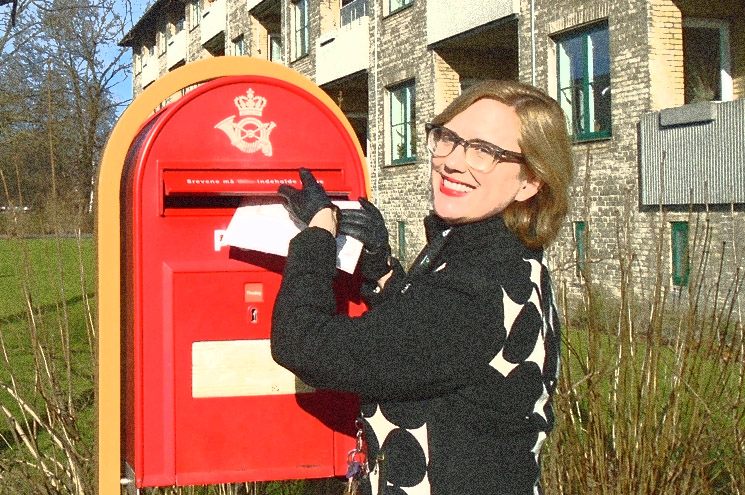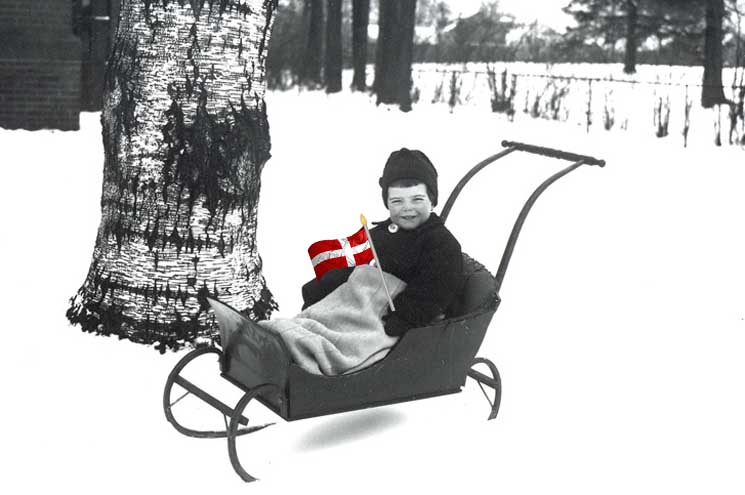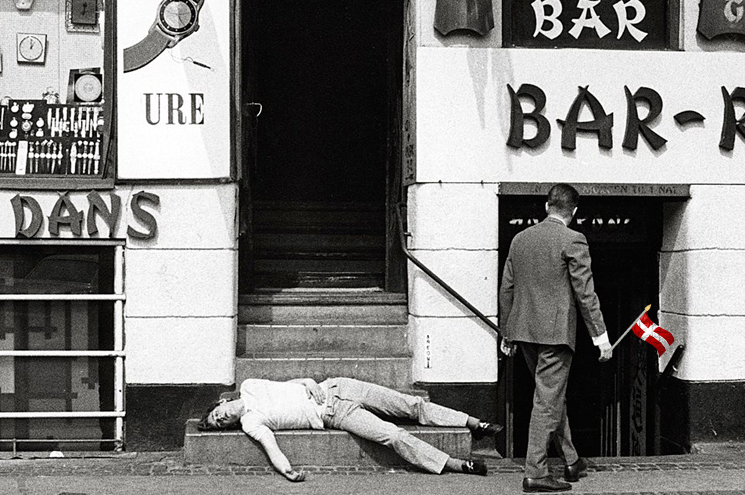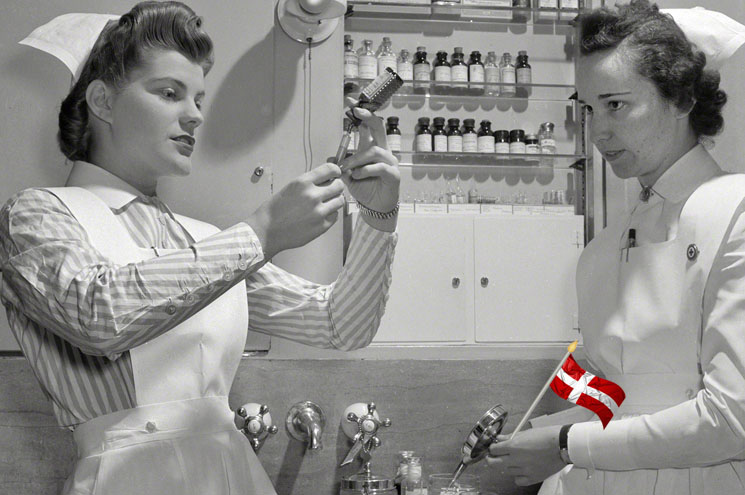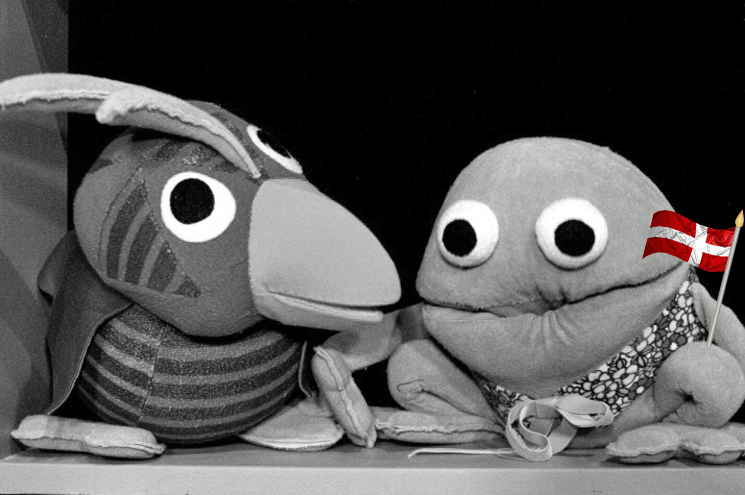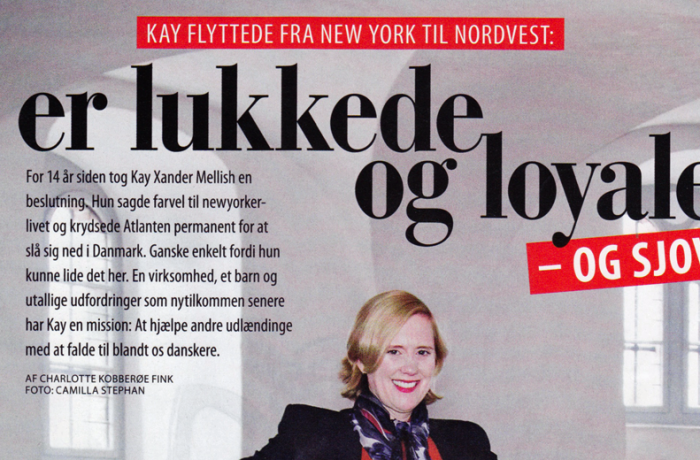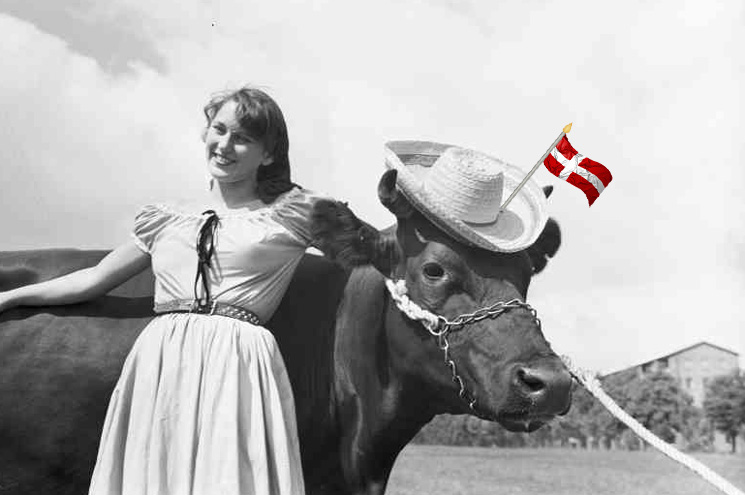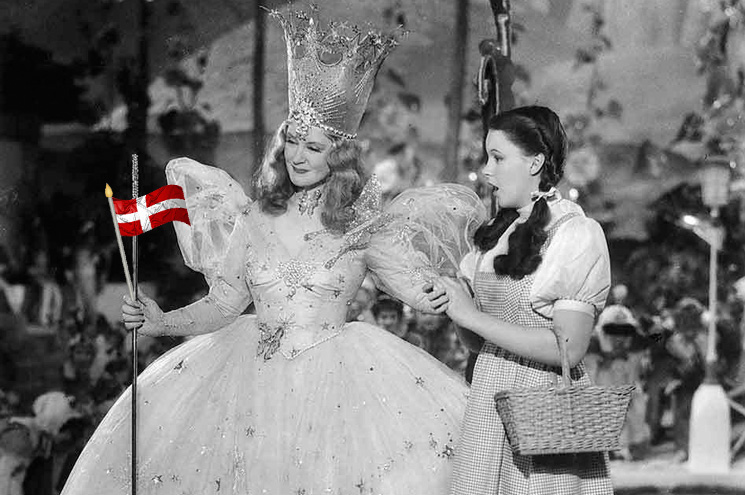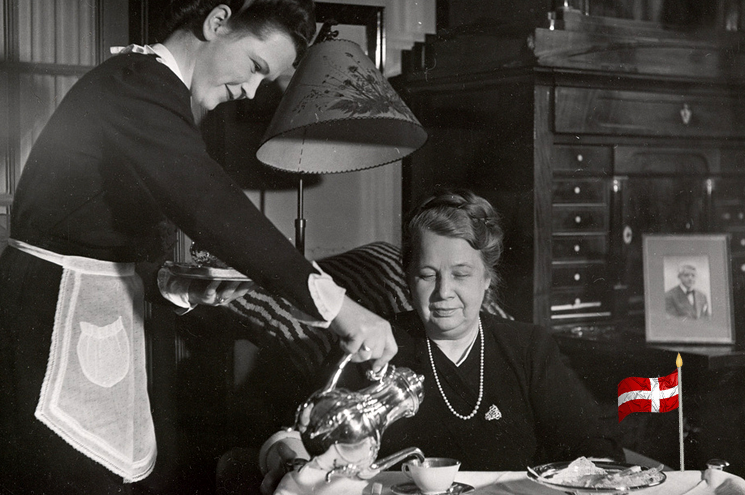After a process that seemed to take longer than building the Great Wall, the Chinese version of ‘How to Live in Denmark’ is finally available, just in time for Chinese New Year. This is the year of the Goat, an auspicious year for creative enterprises. 恭喜發財!
Thanks to my Singapore-based translator, John Zhao, as well as the many Denmark-based Chinese speakers who took time to help me out! I appreciate it.
You can access the eBook version here on the site or via Apple’s iBooks store. (Due to an agreement with the Chinese government, Amazon does not support Chinese for Kindle Direct Publishing.) It’s also available via the Danish online bookstore, Saxo.com.
A print version of the How to Live in Denmark Chinese version will be available March 1.
Please contact me if you’re interested in a volume package to distribute to your student or work organization, of if you’re interested inviting me to China (I would be happy to visit my old colleagues at the South China Morning Post) or having me stage a live ‘How To Live in Denmark’ event.


